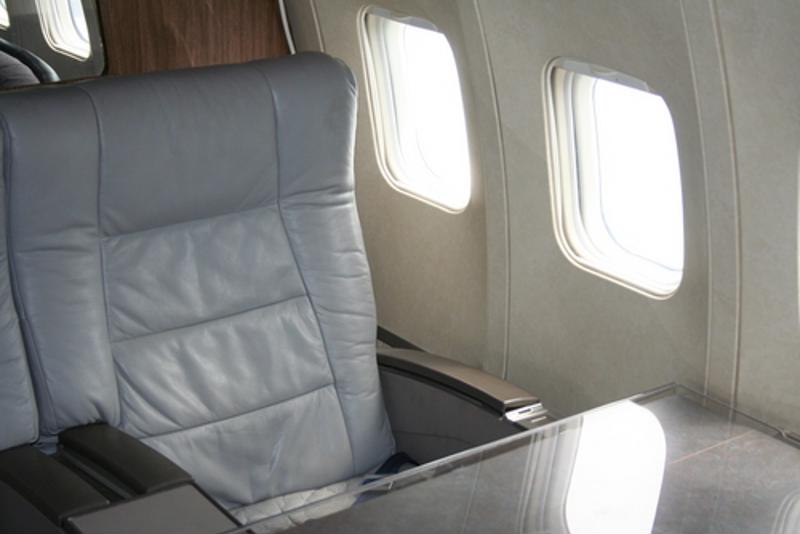
4 ways to support traveling contract workers
According to the Bureau of Transportation Statistics, American workers make more than 405 million long-distance business trips annually. As the number of contingent workers increases, there will be more overlap in the number of contract workers who take part in company travel programs.
Here are four ways to manage traveling contract workers:
1. Find the right candidates for travel positions
One of the best ways to ensure your contract workers perform well is to write accurate job descriptions. Doing so will give prospective hires a better idea of what to expect from the position and will weed out candidates for whom the position isn't a good fit. For travel positions, consider going in-depth into the type of travel required from each position. For instance, will the position require workers to meet with clients, inspect facilities, attend conferences? The more specific you can be, the better prepared hires will be to meet expectations.
During the interview phase of the hiring process, ask candidates questions about their travel preferences and determine if they align with the capabilities of your travel program. For example, a worker who has established experience traveling in business class might not be satisfied if your travel policy limits bookings to economy class.

2. Make the travel experience comfortable
Tracking traveler satisfaction can show stakeholders how they can improve policy compliance. According to a 2017 survey from Chrome River, very satisfied travelers spend 39 percent more time submitting expense reports after a trip and are 55 percent more likely to use expense automation solutions, compared to unsatisfied travelers.
Generally, business travelers are more satisfied when they can select their preferred airline and hotel supplier. Building a travel policy that makes it easy to book travel and get trips approved in a timely manner could help the organization to become more productive and efficient. Likewise, giving travelers the ability to keep airline miles and other rewards program points for their own use can be an effective way to increase satisfaction rates.
3. Leverage cloud-based collaboration technology
Over the years, technology improvements have made collaboration between and among teams more efficient. But there's still room for improvement. A survey from Dimensional Research found that 59 percent of knowledge workers believe their organization's collaboration tools could be improved.
Cloud-based solutions have a number of advantages. In terms of security, a cloud-based solution reduces the likelihood of stolen information, because the data lives in a secure server, not on the contract employee's personal device. When it comes to productivity, cloud-based collaboration solutions empower travelers to stay up to date on communications no matter where they happen to be. Taking advantage of multiple channels of communication, such as text, video and chat can improve the way workers interact with the home office.
4. Solicit feedback from travelers
No one understands the travel experience better than the people within your organization who regularly travel for work. Asking these individuals about their experiences on the road will give your stakeholders the information they need to make effective improvements to the travel program. Ask your travelers about their experiences: Do they feel supported on the road? Are they satisfied with the efficiency of the reimbursement program? These questions and others will help you to continually improve the traveler experience at your organization.
"It is especially important to make contract employees feel welcome" noted Chris Wilcock, Senior Marketing Coordinator for Beacon Hill. "An individual's status as a contractor can make them feel, in some ways, like they are a 'second-class' citizen, which makes asking for feedback and engaging them in the decision-making process even more imperative."
Managing a contingent workforce and an extensive travel program can be a substantial administrative burden. To learn how to streamline processes at your organization, speak with the recruiting experts at Beacon Hill today.
 Back to Top
Back to Top

